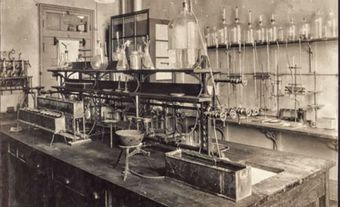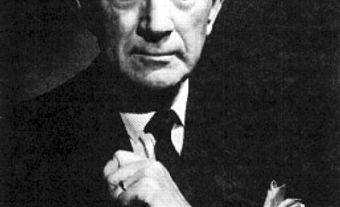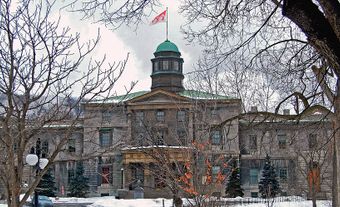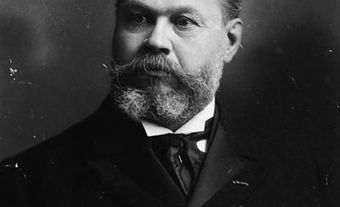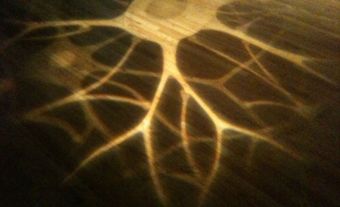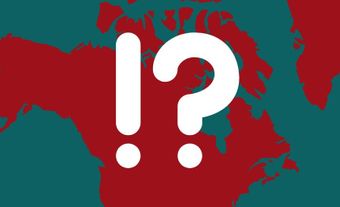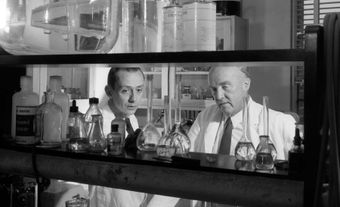Donald Olding Hebb, FRS, FRSC, psychologist (born 22 July 1904 in Chester, NS; died 20 August 1985 in Halifax). Donald Olding Hebb has been credited by some sources as the “father of neuropsychology.” He is widely recognized for the publication of The Organization of Behaviour: A Neuropsychological Theory (1949). (See also Psychology; Neuroscience.)

Early Life and Education
Donald Olding Hebb, psychologist was a brilliant pupil who completed grades one to four in one year and five to six the next. But school proved too easy, and when he graduated from Dalhousie University, his record was undistinguished. A book by Freud stimulated him to go back to university and he earned an MA in psychology from McGill University (1932) and a PhD from Harvard University (1936). At that time, the brain was regarded as a relay station to process incoming and outgoing impulses; behaviour was just stimulus and response. Hebb believed more went on in the brain.
Career Highlights
Doland Olding Hebb worked with Wilder Penfield from 1937 to 1939 and noted that loss of large parts of the brain did not necessarily diminish intelligence. He studied the development of behaviour in rats, primates and infants. He was convinced that neural circuits linking incoming and outgoing neurons were the loci for thought and emotions.
In 1949 he published The Organization of Behaviour: A Neuropsychological Theory, which revolutionized psychology by putting "mind" back into the brain. His studies of development showed the importance of environmental stimulation in early childhood and led to the US adoption of Operation Headstart, a program to help children in disadvantaged families. He showed the requirement of constant input for normal brain activity by the abnormal response of subjects to sensory deprivation.
Select Honours and awards
- Fellow, Royal Society of Canada (1959)
- Fellow, Royal Society (1966)
- Inductee, Canadian Medical Hall of Fame (2003)

 Share on Facebook
Share on Facebook Share on X
Share on X Share by Email
Share by Email Share on Google Classroom
Share on Google Classroom
